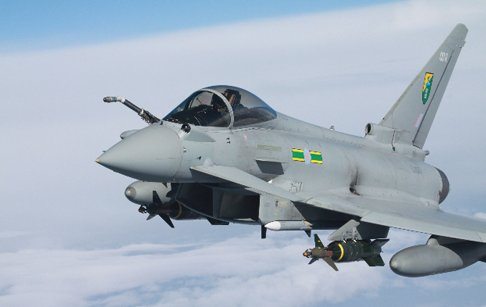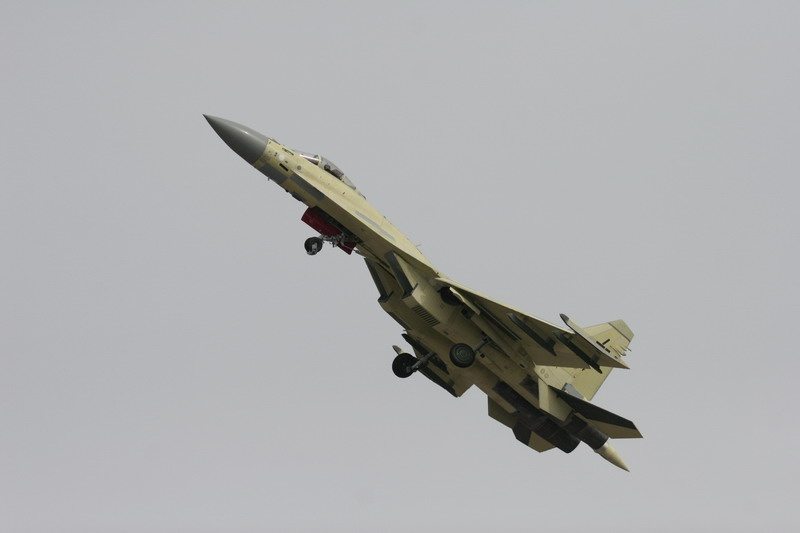The allied operation in Libya has raised questions about the Strategic Defence and Security Review – including the decision to scrap HMS Ark Royal – and left Britain’s military “under considerable strain.”
That’s the conclusion of a The Royal United Services Institute (RUSI) after carrying out analysis of the operation, including the NATO air strikes.
It says: “The ‘carrier debate’ in Britain will almost certainly be reignited by this operation. The fact is that the operation was successfully conducted without a British aircraft carrier being available.
“It is “equally a fact that the operation involved four major ships that were capable of launching aircraft – the French, and Italian carriers, the US assault ship, and Britain’s HMS Ocean acting as a helicopter carrier.
“British operations in Afghanistan were not affected by commitments to the Libyan theatre, but both the RAF and the Royal Navy had to divert assets from other tasks to cope. This crisis demonstrated that the forces could improvise and ‘could cope’ even in light of the Defence Review.
“But it also demonstrated that there are significant opportunity costs in doing so and that even a comparatively small operation such as this puts the forces under some considerable strain.”
The report also drew parallels between the Libyan operation and the 1999 Kosovo intervention, saying it appeared to be “a throwback to some of the crises of the 1990s”. It was different from Iraq and Afghanistan missions where the “emphasis was always on numbers of ‘boots on the ground'”, says the report.
It also says that the allied operation overcame “big political risks”, as well as “the improvised use of weapon systems and ambiguous command arrangements” to find success.
Turning to the toppling of former Libyan dictator Gaddafi, the report says that can be put down to “improvisation” and “good luck”, as well as military prowess.
Professor Michael Clarke, Director General of the think-tank and a contributor to the report, said: “Prime Minister Cameron and President Sarkozy became accidental heroes in a civil war, justified – unlike most civil wars – on grounds of principle.
“Like all military operations, this operation was more messy and ambiguous than politicians like to admit. In this particular case, it reflected a number of new, and sometimes novel, political and military elements.”
The thinktank said there was still “much to analyse” from the operation and that “many lessons will doubtless be derived from it”.
Reacting to today’s RUSI report, the Defence Secretary Dr Liam Fox said: “Operations in Libya have vindicated decisions taken in the SDSR and shown that we retain our global reach.
“The Royal Navy, Army and RAF have all reacted superbly to the recent events in Libya which, in turn have demonstrated that the Government’s decision to adopt an adaptable posture with flexible Armed Forces was correct. In particular, the SDSR set out the need to retain high-readiness forces, including air and naval operations, which have proved so effective in enforcing UNSCR 1973.
“From the very beginning, the UK has been at the forefront of the military operation to protect Libyan civilians and our Armed Forces have had considerable success in doing so working as part of a NATO led alliance.
“As the Prime Minister has said, the work is not yet over and the UK will maintain its commitment for as long as it is required. That’s why we announced that 16 UK Tornado aircraft will remain on operations to sustain the required fast jet sortie rate while two Attack Helicopters will be maintained on HMS Ocean in the area for as long as necessary.”











